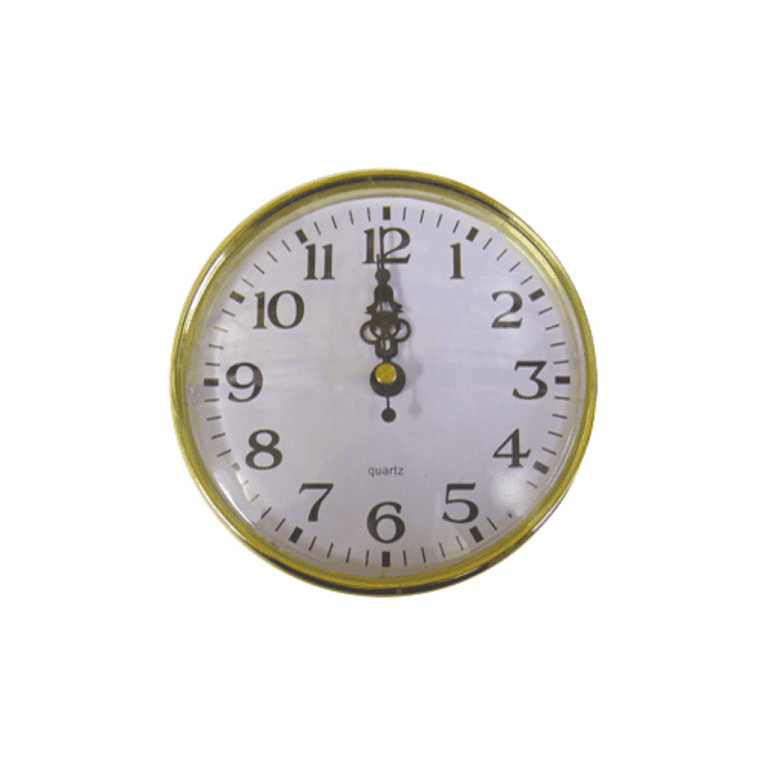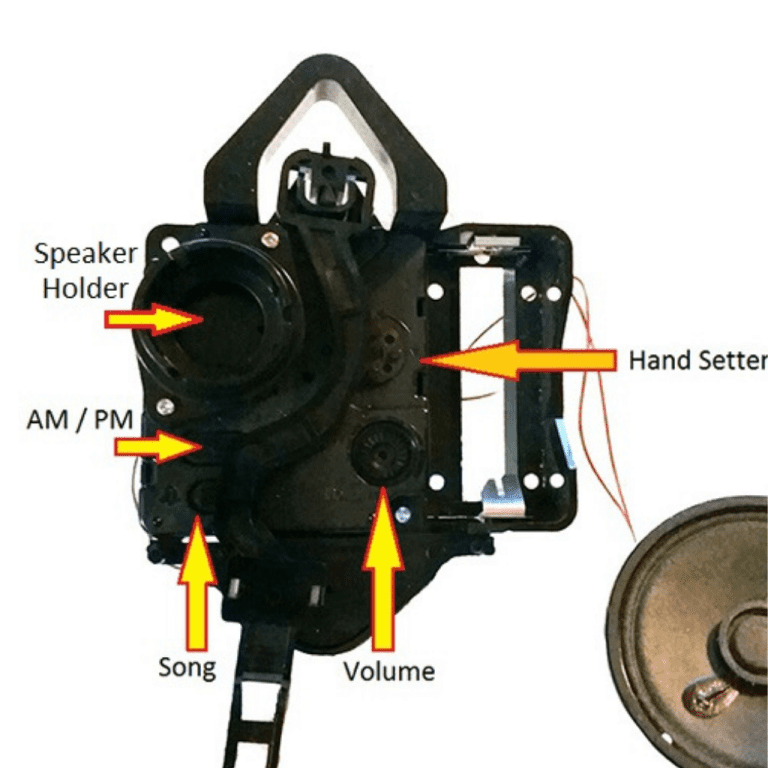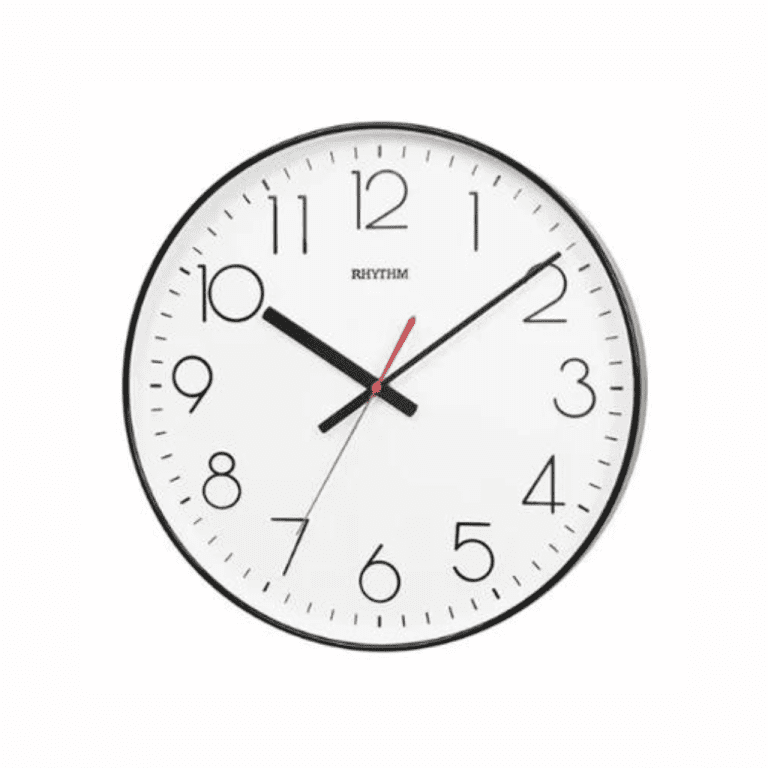“Punching the clock” is an expression commonly used for working at a job that demands physical presence rather than emotional engagement. A punch clock in a workplace provides employers and employees with a degree of accuracy when measuring payroll hours; however it reinforces a dynamic that can stifle creativity and lead workers to count the hours until it is time to go home.
Advantages for Employees
- Employees who punch a time clock have a clear sense of when their work day begins and when it ends. An employer cannot fairly ask an employee for extra help before he has punched in or after he has punched out, and an employee who punches out for his lunch hour can refer to his time card if his employer asks for extra help during this time.
Disadvantages for Employees
- The requirement to punch a time clock creates a workplace atmosphere based on objective verification rather than fundamental trust. While this dynamic is often necessary in work settings where employers and employees do not build personal relationships, at a small company it can interfere with the process of building goodwill. Employees who are required to punch a time clock are likely to believe that their employers do not trust them to accurately report their hours, and consequently they may feel that they are not sufficiently valued.
Advantages for Employers
- Employers who require their employees to punch a time clock can be certain that they are not paying workers for hours when they have not worked. This is especially important at retail jobs, which depend on the presence of employees during specific hours. Keeping accurate track of the times when workers are physically present can save an employer considerable amounts of money if his employees are inclined to round high when reporting their hours.
Disadvantages for Employers
- Despite the increased accuracy that a time clock provides, the quality of an employee’s performance during work time can be at least as important as the specific times when he is present at his job. Aside from jobs such as staffing a retail store, which necessitates being physically present during specific hours, employee productivity is often tied to variables other than the specific number of hours or minutes that he spends at work. For example, an employee who gets enough sleep will often do a better job than one who awakens prematurely and rushes to work. The act of punching a time clock orients workers towards arriving at a specific time, but gives them little incentive to be at their best when they arrive.
Credited to : https://smallbusiness.chron.com/














